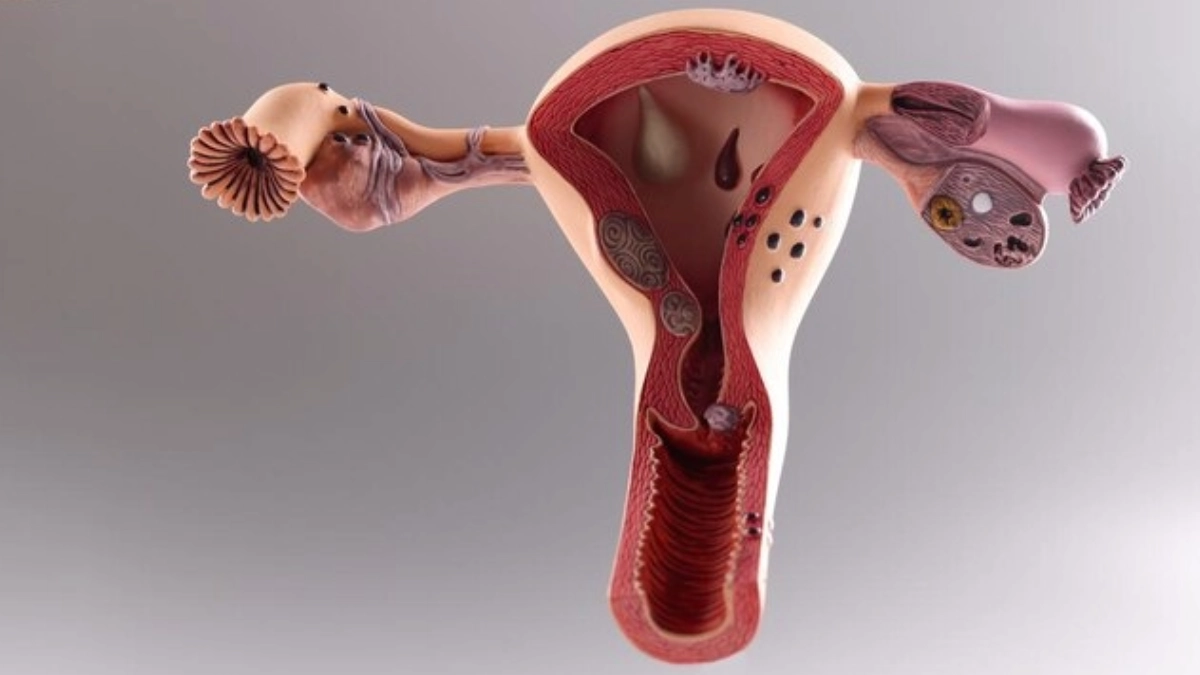Tubal ligation, a definitive form of female sterilization or tube tying, stands as a pivotal choice for women exploring permanent birth control methods. Additionally, this surgical procedure, aimed at preventing pregnancy, involves altering the fallopian tubes to block the egg and sperm from meeting. Furthermore, this guide describes the specifics of tubal ligation, shedding light on its intricacies to make an informed decision.
Understanding Tubal Ligation
What is Tubal Ligation?
It is a surgical procedure that effectively prevents pregnancy by blocking or cutting the fallopian tubes, thereby hindering the egg and sperm from uniting. It’s an enduring solution for women who are certain they do not wish to conceive in the future.
Procedure Details
Planning Your Procedure
Opting for a tubal ligation entails thorough discussions with healthcare professionals to weigh its permanent nature against one’s life plans and health conditions. It requires a clear understanding of one’s medical history and objectives for seeking permanent birth control.
The Surgical Journey
The procedure can be performed through various techniques—laparoscopy being the most common due to its minimally invasive nature and quicker recovery. Others include mini-laparotomy, especially post-vaginal childbirth, and laparotomy, typically aligned with C-section deliveries or other abdominal surgeries.
Tubal Ligation Recovery
Post-surgery, patients might experience mild discomfort, which is normal. Adhering to the doctor’s advice during the recovery phase ensures a smooth transition back to routine. Patients should not lift heavy and can gradually resume regular activities based on individual recovery rates.
Tubal Ligation Risks and Side Effects
While tubal ligation is safe, it, like any surgical procedure, involves potential risks and side effects. Complications, although rare, include reactions to anaesthesia, infections, and, in very scarce instances, ectopic pregnancy. Long-term side effects may also surface, for which staying informed and consulting with healthcare providers is paramount.
Revisiting Tubal Ligation: Is Reversal Possible?
While it is a permanent measure, advancements in medical science have made reversal procedures a reality, with varying degrees of success. It’s essential for individuals considering this surgery to approach it as an irreversible decision, keeping future possibilities in mind.
Tubal Ligation Cost
The cost of tubal ligation can vary significantly depending on geographical location, the surgical method employed, and healthcare facilities. It’s advisable to consult extensively with health insurance providers and clinics to gauge the financial commitment required.
Avicenna International Hospital
At Avicenna International Hospital, we understand the importance of making well-informed health decisions. Our team of experienced professionals is here to guide you through the process of tubal ligation in Turkey. They ensure you receive comprehensive care tailored to your needs. Should you consider tubal ligation or require further information on the procedure and its implications, we invite you to contact us. Let us assist you in navigating your options for a healthier future.
Long-term side effects can vary among individuals. While many women do not experience significant adverse effects, a small percentage report long-term symptoms such as increased menstrual bleeding or cramping. Some also discuss the phenomenon of post-tubal ligation syndrome, which includes symptoms like hormonal imbalances.
After a tubal ligation, most women return to their normal activities within a week, reporting no significant changes in their sexual function or hormonal balances. The procedure does not affect a woman’s hormonal cycle, so menstruation and the presence of ovarian hormones remain consistent with pre-surgery levels.
The decision between having your tubes tied or removed (salpingectomy) depends on individual health profiles and reasons for the procedure. It is efficient for birth control, while the removal of fallopian tubes (salpingectomy) can be better for those with a higher risk of ovarian cancer, as emerging evidence suggests it may lower this risk.
Yes, you will still get your period after this procedure. Tubal ligation does not impact the menstrual cycle or cause menopause. The procedure simply prevents the egg and sperm from meeting, without altering the hormonal functions controlling your cycle. Therefore, your periods should continue as normal, though some women report slight changes in flow or cramping intensity.







